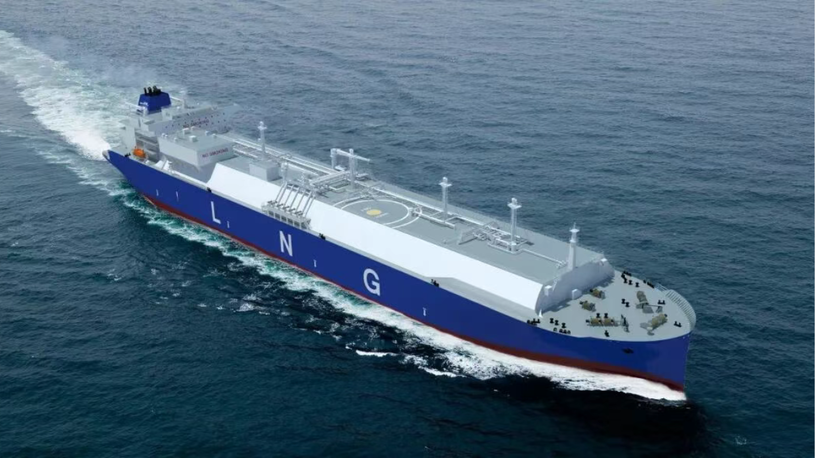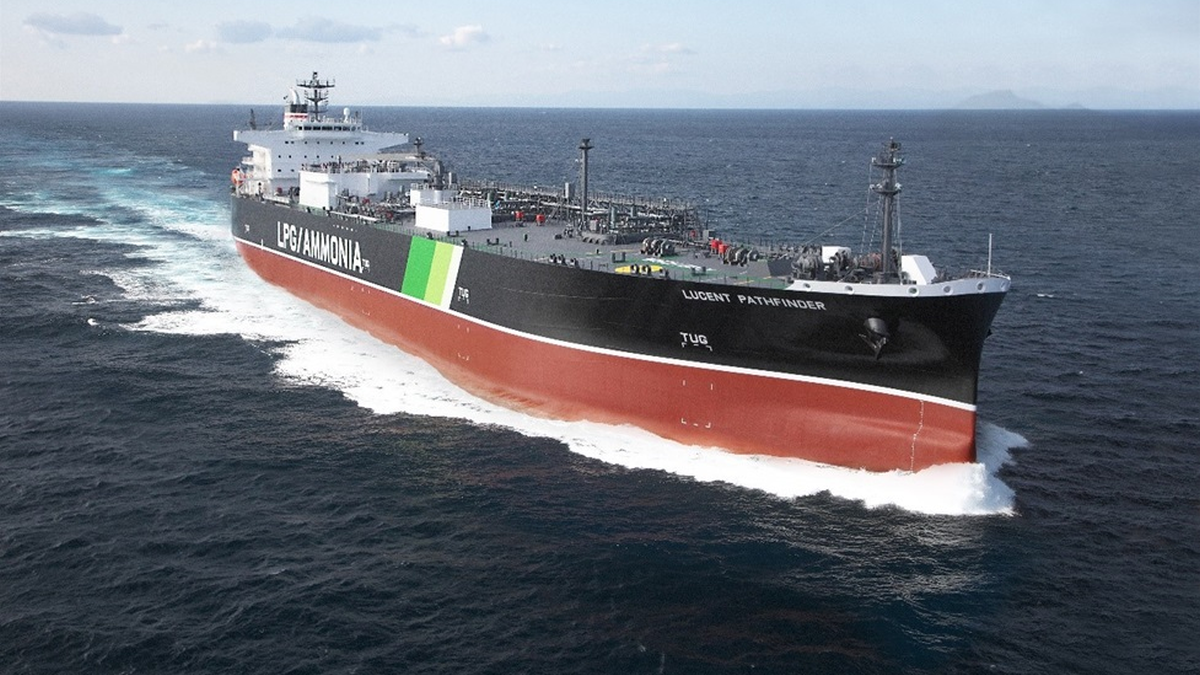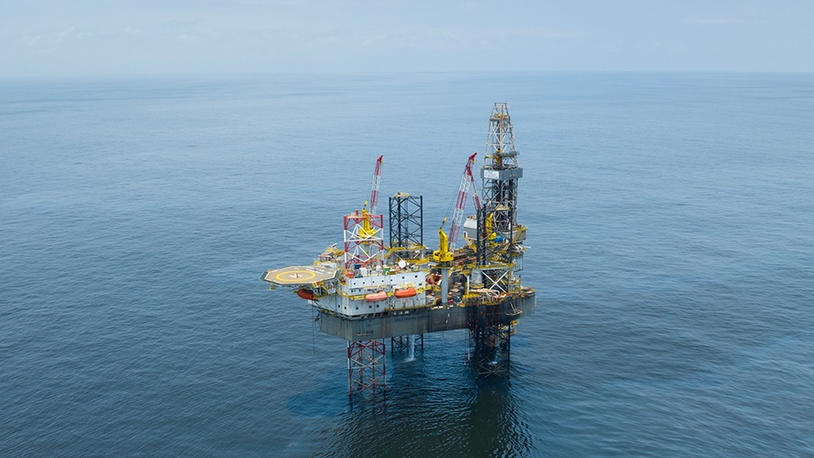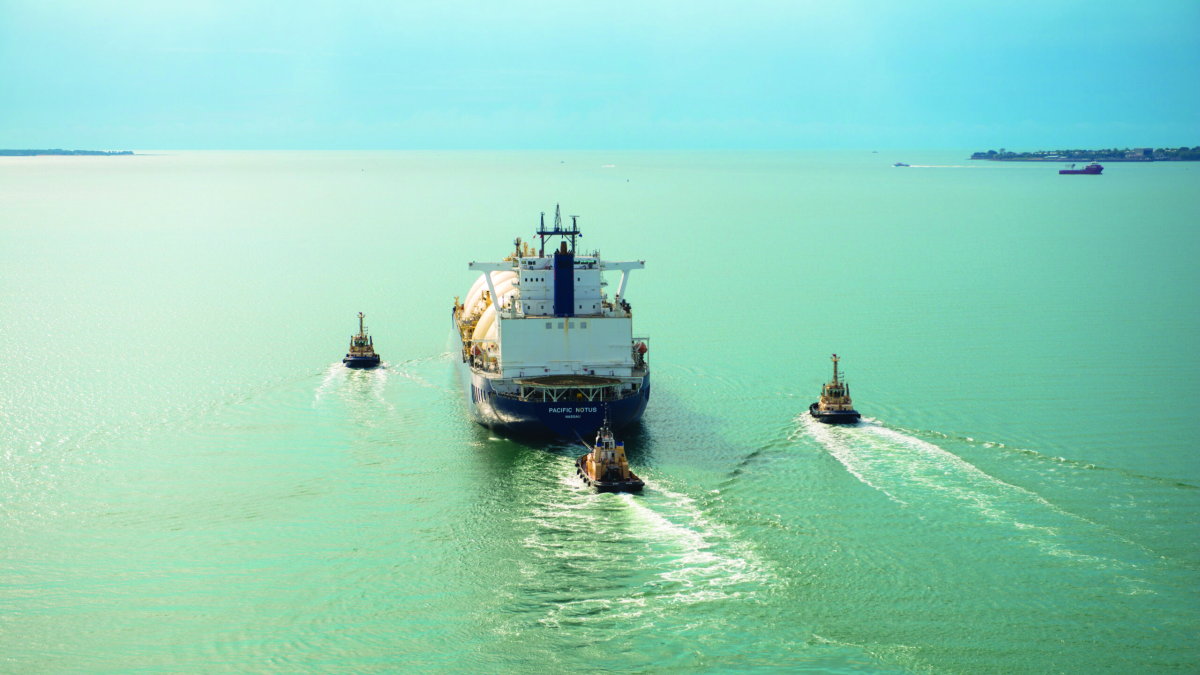Business Sectors
Events
Floating energy: successfully unlocking stranded gas using FLNGs and FSRUs
Contents
Is this the calm before the storm for tanker demand?
Poten & Partners looks at the risk of supply disruptions in an already tight market and how US export restrictions would boost product tanker demand
Hurricane season in the Gulf of Mexico typically runs every year from 1 June through 30 November. According to the National Oceanic and Atmospheric Administration, an average Atlantic season spawns seven hurricanes and peaks in August, September and October. This year, for the first time in 25 years, the month of August has passed without a named storm in the Atlantic, even though meteorologists have warned that this year’s season would be “above normal.”
However, this does not mean we are out of the woods yet. Several strong hurricanes could still form in September and October, and severe storms in the US Gulf pose a significant risk to the US oil industry.
The US Gulf coast is home to 56 refineries which process more than 9M barrels per day (b/d), representing 55% of total US refining capacity. In addition, the offshore US Gulf produces 1.8M b/d of crude oil. And big storms in the US Gulf can have a major impact on domestic oil balances.
The risk of supply disruptions in an already tight market was one of the concerns that was voiced last week in a letter from US Energy Secretary Jennifer Granholm. In the letter, which was addressed to several major US refiners, Ms Granholm called on the domestic energy industry to build inventories and reduce exports.
“Given the historic level of US refined product exports, I again urge you to focus in the near term on building inventories in the United States, rather than selling down current stocks and further increasing exports,” she wrote.
US product exports are at a high level and domestic product inventories are indeed well below the five-year average, in particular in the northeast of the United States. From a US Government perspective, limiting exports and focusing on rebuilding domestic inventories would increase the safety margin for domestic consumers and reduce the risk of price spikes. Especially if one or more hurricanes make landfall in the US Gulf and (temporarily) knock out refining capacity. However, the US energy industry is part of the global energy infrastructure. Domestic US actions have consequences in the rest of the world.
During the Covid-19 pandemic, global oil demand destruction led to widespread refinery closures and/or plant conversions. As the world recovered from the pandemic, oil demand rebounded, and refining capacity tightened. This boosted refining margins and utilisation rates worldwide. Against the backdrop of this already tight refining situation, Russia invaded Ukraine. Sanctions against the regime in Moscow further restricted the global availability of refined petroleum products. Not surprisingly, oil prices and refining margins went up even further. Falling global inventories and the product dislocations boosted the product tanker market, which had just had the best quarterly earnings since the storage-induced freight boom of 2020.
In this environment, what would a reduction in US product exports mean for the oil and tanker markets? As it tightens the market, it would most likely increase prices and boost product tanker rates.
Countries in Latin America are the main export destination for US refined products and any cutback means these countries will need to be supplied from longer-haul sources. Europe is out of the question. They have their own shortfall to address as they are trying to wean themselves off Russian supplies in advance of a formal import ban that will go into effect in February 2023. Maybe the Middle East or the Far East can increase their supplies to Latin America? Compared to imports from the US, these new trades would generate significantly more tonne-mile demand.
Latin America could even look to Russia as an alternative. The reported fixture of an MR product tanker from Russia to Ecuador underlines this possibility. A growing trade from Russia to Latin America would be a boon to the product tanker market due to its longhaul nature, but sanctions may prevent this trade from flourishing.
Europe is another important customer for US products. The US could become even more important for Europe when more sanctions on Russia are implemented. Lower US availability will lead Europe to import more product from the Middle East and Asia, providing a further boost to tonne-mile demand.
In summary, restricting US product exports would likely raise tonne-mile demand for product tankers and boost freight rates, even without any major hurricanes.
Tanker Shipping & Trade Webinar Week will be held from 13 September 2022. Register your interest and access more information here
Related to this Story
Events
Floating energy: successfully unlocking stranded gas using FLNGs and FSRUs
© 2024 Riviera Maritime Media Ltd.










